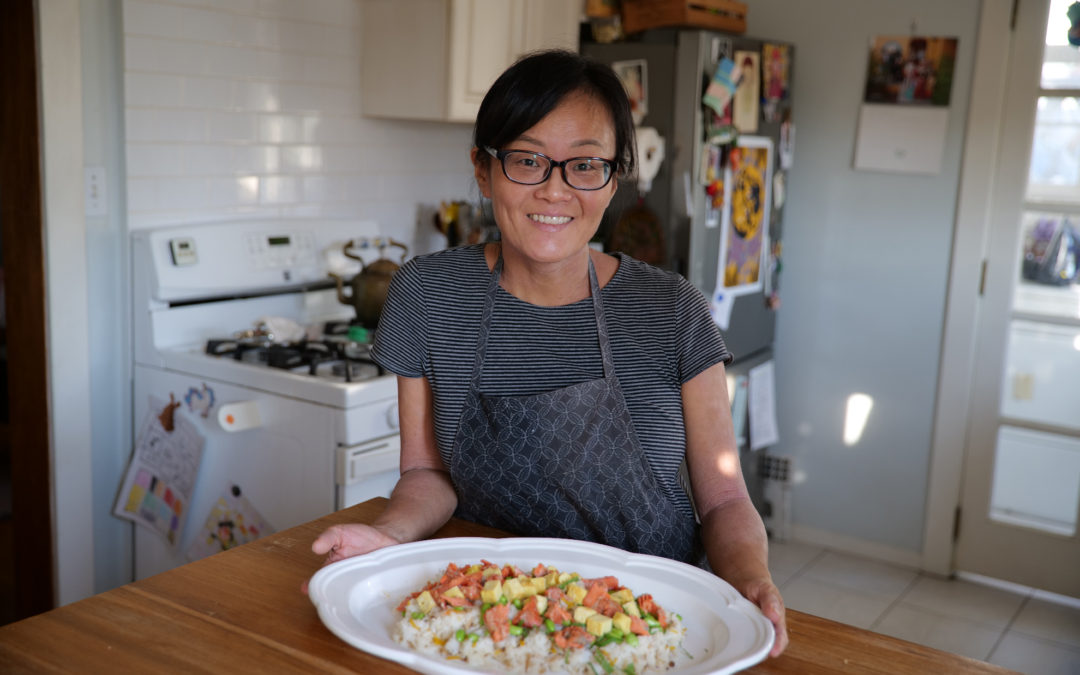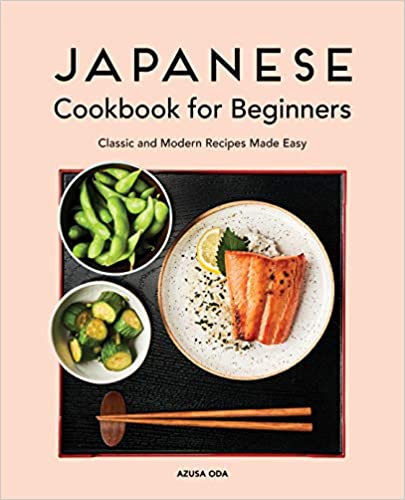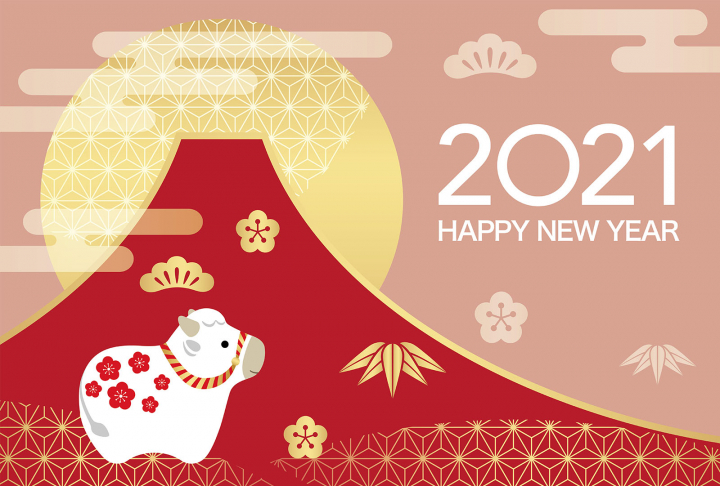
Oshogatsu Celebration 2021
Oshogatsu Celebration – Friday, January 29th, 2 pm
In our virtual landscape, we are discovering ways to connect and celebrate in community. Join us for our Japanese New Year’s celebration, an auspicious occasion to ensure hope and goodwill upon the year ahead. Celebrate with us the new year of 2021, the year of the Ox
Honor our aging elders and celebrate 90+ years of living with a sweet tribute.
Experience Japanese cultural traditions through music and dance by Minyo artists Keiko Allen and Kimie Hoshi.
Special guest Kimi Takesue, filmmaker of “95 and 6 To Go” will share a short clip from the film and a reflection on what it was like to capture her grandfather Tom in his nineties for the film.
“’95 and 6 To Go’ is a funny, imaginative and warm film about the close relationship – and creative collaboration! – between grandfather and grandchild. Takesue’s film is a personal ‘home movie’ of the rare kind.” – CPH:DOX Film Festival
While we cannot be together for a special luncheon, we are offering a chirashi bento by Chef Yuji for pick-up. More details below.
Oshogatsu Bento
We do miss dining with you.
Although we cannot be together in person, we are offering a limited number of chirashi bento by Chef Yuji for a $12 donation. The bento pick up times on Jan 29 will be assigned for 12 or 12:30 to maintain social distancing protocol.
Please complete your order here. Enter the amount of your donation. Choose from bento, bento + donation, or donation only. You can indicate the number of bento you are ordering by clicking on the comment box and adding a note to us. If you have any questions, please contact Jill Shiraki at jill@j-sei.org
We are SOLD OUT for bento orders, however you are welcome to join us for the virtual program.
RSVP for ZOOM link to jill@j-sei.org with Oshogatsu 1/29.


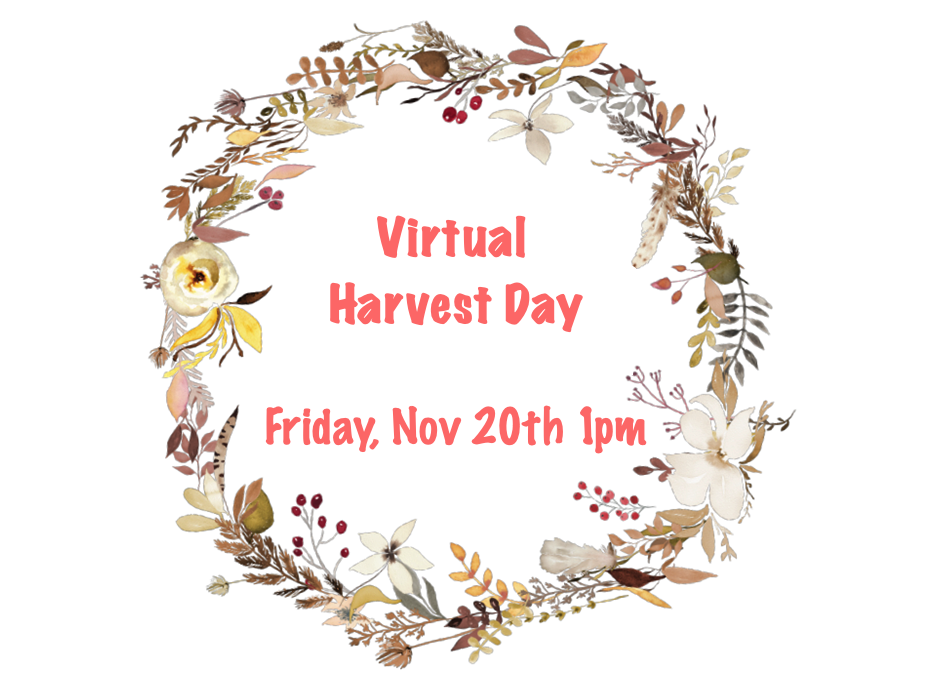
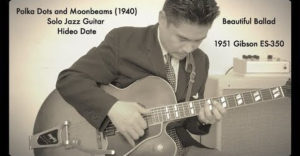 Join us for an afternoon to see the many faces of J-Sei classes, the volunteer kitchen crew, and hear personal reflections from Leslie Tsukamoto, Joyce Nakamura, and Pat Yamamoto, and special songs prepared by the J-Sei choir directed by Emiko Katsumoto and Carol Newberger.
Join us for an afternoon to see the many faces of J-Sei classes, the volunteer kitchen crew, and hear personal reflections from Leslie Tsukamoto, Joyce Nakamura, and Pat Yamamoto, and special songs prepared by the J-Sei choir directed by Emiko Katsumoto and Carol Newberger.

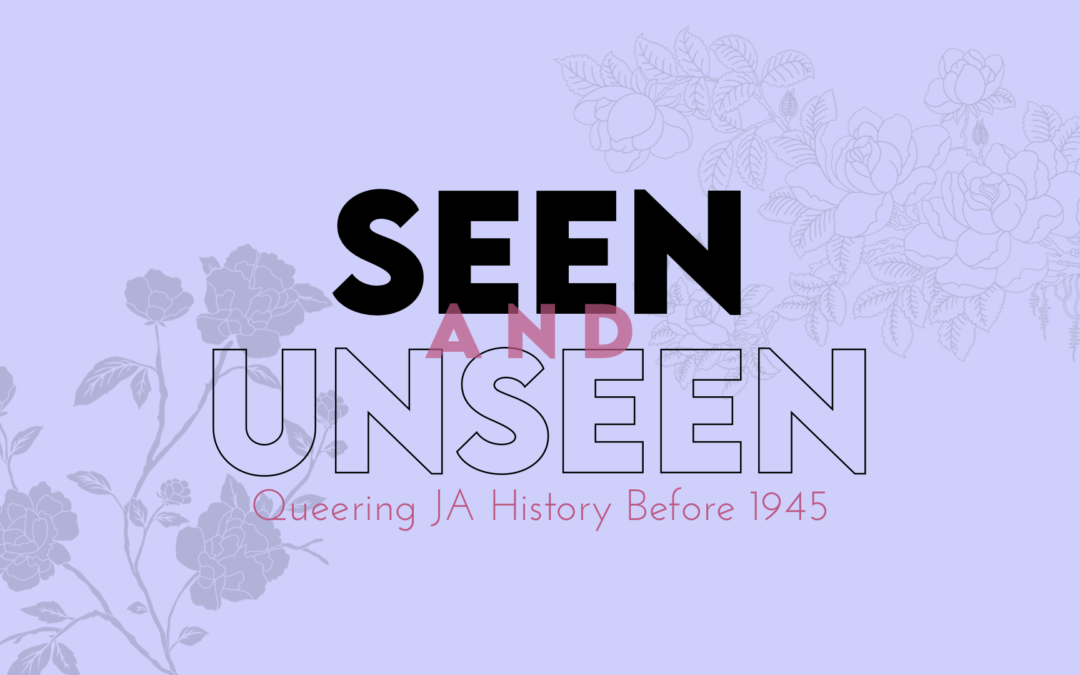
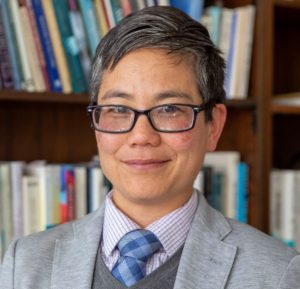 Amy Sueyoshi is the Dean of the College of Ethnic Studies with a joint faculty appointment at the rank of Professor in Race and Resistance Studies and Sexuality Studies at San Francisco State University. She holds a Ph.D. in history from University of California, Los Angeles and a B.A. from Barnard College of Columbia University. Amy has authored two books, Queer Compulsions: Race, Nation, and Sexuality in the Intimate Life of Yone Noguchi and Discriminating Sex: White Leisure and the Making of the American “Oriental.” She additionally wrote the section on API queer history titled “Breathing Fire” for the National Parks Foundation’s landmark LGBTQ theme study, which won the Paul E. Buchanan Award from the Vernacular Architecture Forum. Amy served as a founding co-curator of the GLBT History Museum, the first queer history museum in the United States, and also seeded the Dragon Fruit Project, a community oral history project for API Equality Northern California, a queer Asian Pacific Islander advocacy group in San Francisco Chinatown. She has won numerous community recognitions including the Clio Award for her work in queer history and the Phoenix Award for her contribution to the Asian Pacific Islander queer women and transgender community. In 2017, San Francisco Pride honored Amy as a Community Grand Marshal.
Amy Sueyoshi is the Dean of the College of Ethnic Studies with a joint faculty appointment at the rank of Professor in Race and Resistance Studies and Sexuality Studies at San Francisco State University. She holds a Ph.D. in history from University of California, Los Angeles and a B.A. from Barnard College of Columbia University. Amy has authored two books, Queer Compulsions: Race, Nation, and Sexuality in the Intimate Life of Yone Noguchi and Discriminating Sex: White Leisure and the Making of the American “Oriental.” She additionally wrote the section on API queer history titled “Breathing Fire” for the National Parks Foundation’s landmark LGBTQ theme study, which won the Paul E. Buchanan Award from the Vernacular Architecture Forum. Amy served as a founding co-curator of the GLBT History Museum, the first queer history museum in the United States, and also seeded the Dragon Fruit Project, a community oral history project for API Equality Northern California, a queer Asian Pacific Islander advocacy group in San Francisco Chinatown. She has won numerous community recognitions including the Clio Award for her work in queer history and the Phoenix Award for her contribution to the Asian Pacific Islander queer women and transgender community. In 2017, San Francisco Pride honored Amy as a Community Grand Marshal.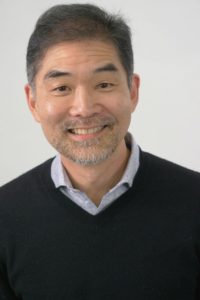 Stan Yogi is co-author of the award-winning books Wherever There’s a Fight: How Runaway Slaves, Suffragists, Immigrants, Strikers, and Poets Shaped Civil Liberties in California (2009) and Fred Korematsu Speaks Up (2017). He is the co-editor of two books, Highway 99: A Literary Journey Through California’s Great Central Valley (1996) and Asian American Literature: An Annotated Bibliography (1988). His essays have appeared in the San Francisco Chronicle, Los Angeles Daily Journal and academic journals and anthologies. He co-curated the traveling exhibits Art of Survival: Enduring the Turmoil of Tule Lake and Wherever There’s a Fight: A History of Civil Liberties in California. He is a Co-Chair of Okaeri, a group of LGBTQ+-identified Japanese Americans.
Stan Yogi is co-author of the award-winning books Wherever There’s a Fight: How Runaway Slaves, Suffragists, Immigrants, Strikers, and Poets Shaped Civil Liberties in California (2009) and Fred Korematsu Speaks Up (2017). He is the co-editor of two books, Highway 99: A Literary Journey Through California’s Great Central Valley (1996) and Asian American Literature: An Annotated Bibliography (1988). His essays have appeared in the San Francisco Chronicle, Los Angeles Daily Journal and academic journals and anthologies. He co-curated the traveling exhibits Art of Survival: Enduring the Turmoil of Tule Lake and Wherever There’s a Fight: A History of Civil Liberties in California. He is a Co-Chair of Okaeri, a group of LGBTQ+-identified Japanese Americans.